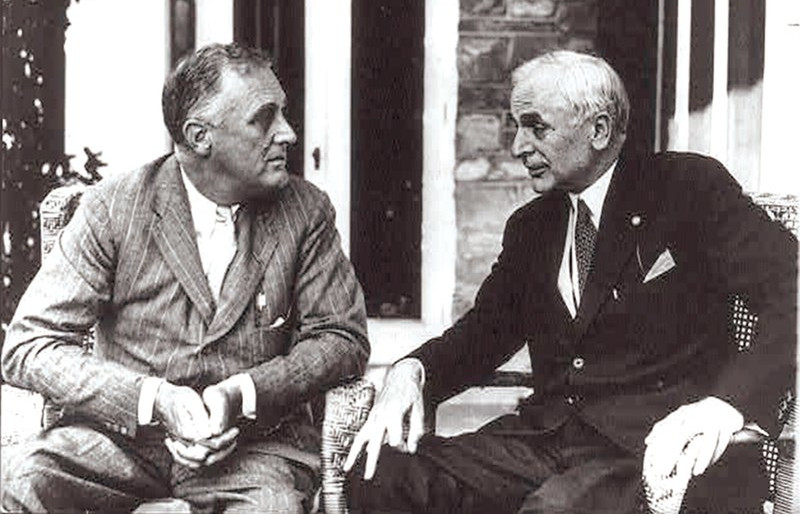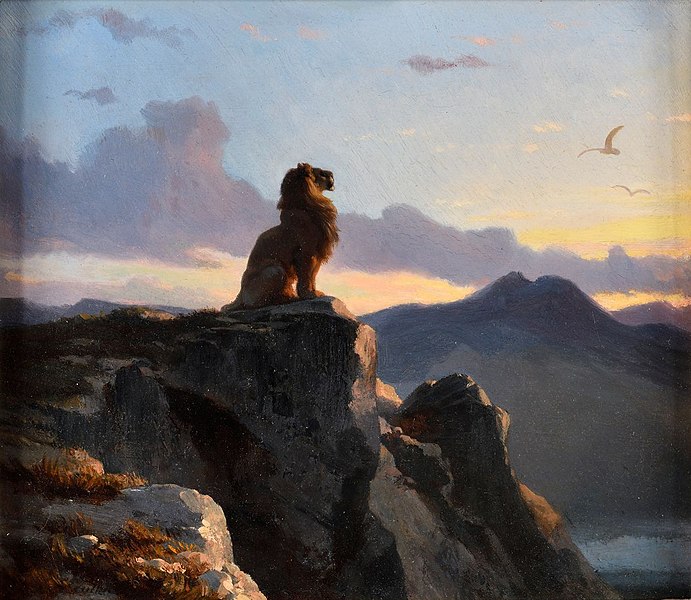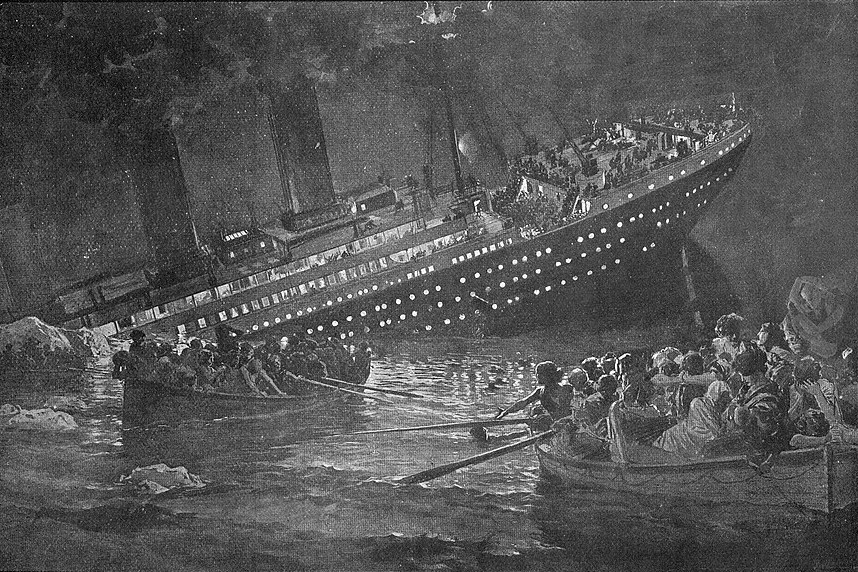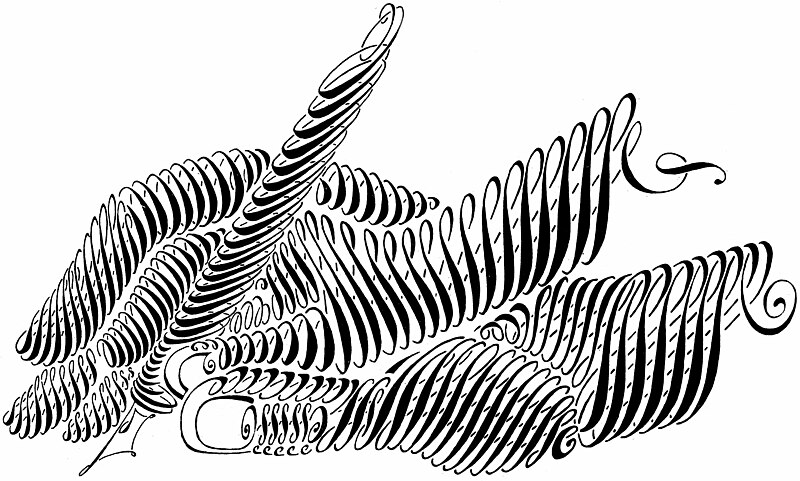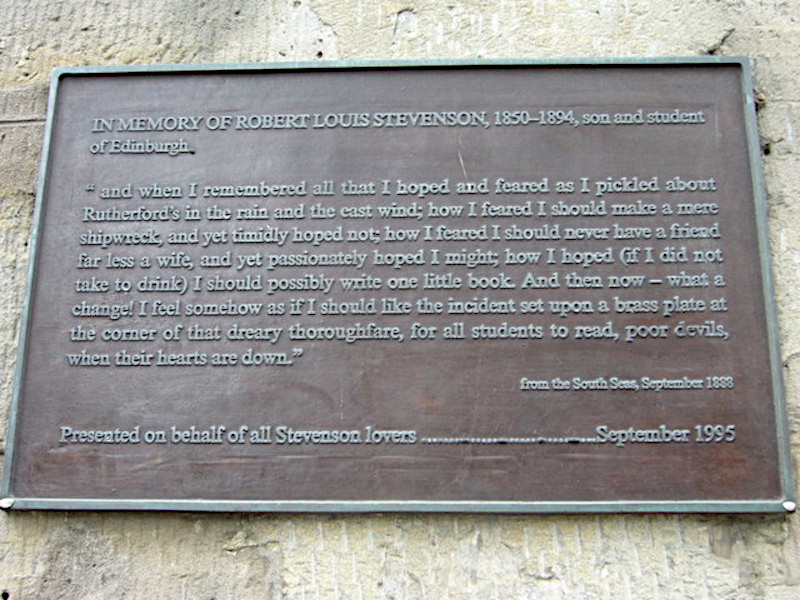philomath
n. a lover of learning; a scholar
noddary
n. a foolish act
fedifragous
adj. contract-breaking
subitaneous
adj. sudden
In Fredric Brown’s 1954 short short story “Experiment,” Professor Johnson displays a brass cube and proposes to send it backward in time. An identical cube appears in his time machine at 2:55, and Johnson announces that at 3:00 he will complete the transaction by sending his own cube 5 minutes into the past.
A friend asks: What would happen if he changed his mind and didn’t send it?
“An interesting idea,” says the professor. “I had not thought of it, and it will be interesting to try. Very well, I shall not …”
“There was no paradox at all. The cube remained.
“But the entire rest of the Universe, professors and all, vanished.”


